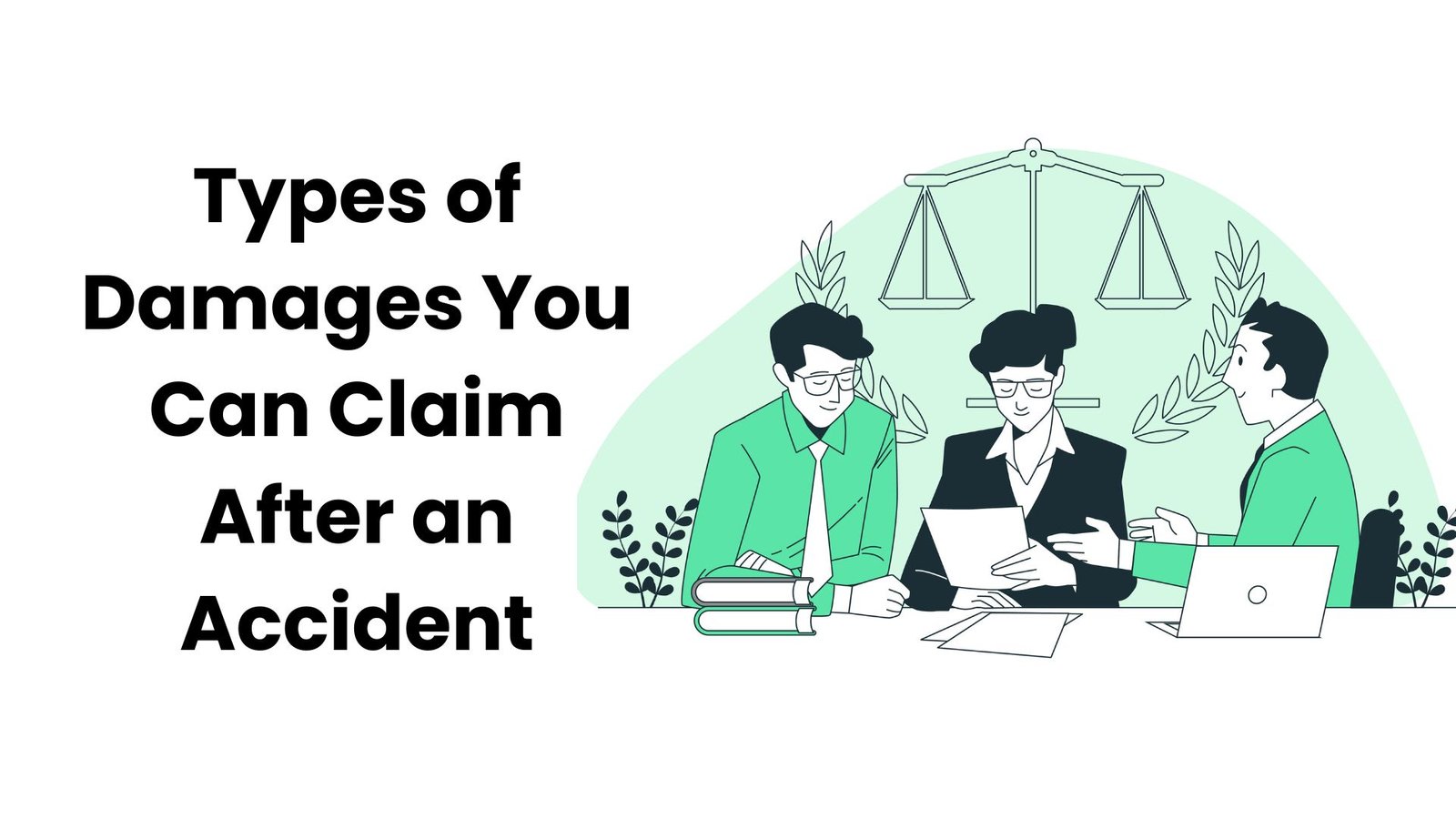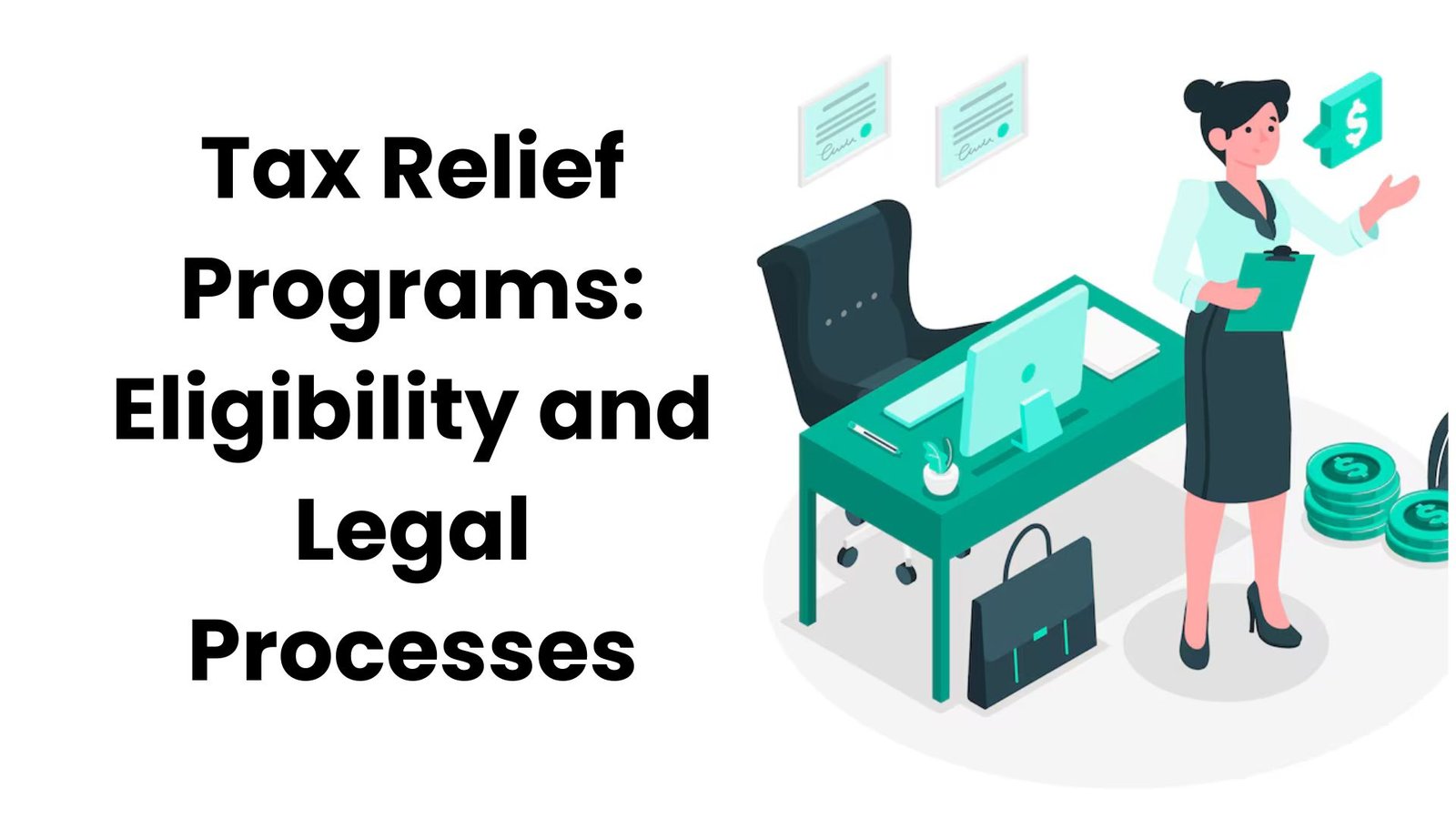The Role of an Accident Lawyer During Insurance Negotiations
Dealing with the aftermath of a car accident is never easy. From healing physically and emotionally to handling insurance paperwork and phone calls, the stress can quickly become overwhelming. If you’re like most people, you may assume that the insurance company will act in your best interest.
Unfortunately, that’s rarely the case. This is where the role of an accident lawyer becomes absolutely vital—especially when it comes to negotiating with insurance providers.
Accident lawyers do far more than show up in court. In fact, one of their most crucial responsibilities involves steering negotiations with insurers to ensure their clients receive fair compensation.
From countering insurance adjuster tactics to drafting compelling demand letters, a seasoned attorney can make all the difference between a denied claim and a favorable settlement
Role of an Accident Lawyer During Insurance Negotiations
1. Unpacking Insurance Adjuster Tactic
One of the first hurdles accident victims face is the interaction with an insurance adjuster. While adjusters may appear friendly and cooperative, their primary objective is to minimize the amount the insurance company has to pay.
Accident lawyers are skilled at identifying and countering common insurance adjuster tactics, such as:
- Lowball settlement offers within days of the accident
- Pressuring you to give a recorded statement that may be used against you
- Downplaying the severity of your injuries
- Suggesting your medical treatment was unnecessary or excessive
A good lawyer knows how to challenge these strategies and ensure your case is taken seriously. They understand the playbook insurers use and are prepared to push back at every turn.
2. The Power of Legal Representation
The mere presence of legal representation can significantly shift the tone of negotiations. When an insurance company knows an experienced accident attorney is involved, they are far less likely to attempt manipulative tactics.
Legal representation ensures that:
- All communication is filtered through your attorney, minimizing risks of self-incrimination
- Your rights are clearly articulated and protected
- Evidence and legal precedents are used effectively to bolster your claim
Accident lawyers act as your advocate and buffer, sparing you from the often confusing and high-pressure tactics used by insurers.
They speak the language of law and negotiation fluently—something most policyholders understandably struggle with.
3. Crafting a Strong Demand Letter
One of the foundational tools in any accident case is the demand letter. This document outlines your injuries, losses, and a specific financial amount you’re requesting as compensation. It sets the tone for the entire negotiation process.
A well-crafted demand letter typically includes:
- A detailed summary of the accident
- Medical reports and medical documentation to prove the extent of injuries
- A breakdown of financial losses, including lost wages, out-of-pocket expenses, and future treatment estimates
- Evidence of pain and suffering and emotional trauma
Lawyers know how to present this information in a way that demonstrates the strength of your case and sets realistic but firm expectations for the insurer.
4. Navigating Claim Denial and Delays
Even with a valid claim, insurers may resort to claim denial or unnecessary delays. This can be disheartening, especially when you’re dealing with mounting bills and recovery.
Experienced accident lawyers are equipped to handle such tactics. If your claim is denied:
- They request detailed explanations from the insurer
- They review your personal injury claim thoroughly to identify discrepancies
- They appeal decisions using established legal arguments
They may also escalate the matter through formal complaint channels or litigation if necessary. Having legal support can turn a stalled claim into a resolvable one.
5. Maximizing Compensation Within Policy Limits
Every insurance policy has policy limits—the maximum amount an insurer will pay for a particular claim. Often, insurers offer settlements that are far below this limit, hoping claimants are unaware of what they’re truly entitled to.
Accident attorneys analyze these policy limits to:
- Ensure that your claim seeks the maximum allowable compensation
- Negotiate structured settlements if necessary
- Identify other potential liable parties to extend compensation beyond one policy’s cap
For example, if a commercial driver hit you while on duty, you may be able to claim from both their personal insurance and their employer’s policy.
6. Strategic Negotiation: It’s an Art and Science
Effective negotiation goes beyond facts and figures—it involves strategy, timing, and psychology. A well-practiced negotiation strategy often includes:
- Presenting the strongest elements of the case first
- Timing counteroffers effectively
- Responding to objections with prepared evidence
- Applying pressure using legal deadlines or threat of litigation
Lawyers understand when to be assertive and when to be flexible, depending on the situation. Their goal is to achieve a settlement that fairly reflects the totality of your injuries and losses.
7. Leveraging Medical Documentation
Medical documentation plays a pivotal role in any accident claim. It substantiates your injuries and links them directly to the incident. Without it, insurers may argue that your injuries were pre-existing or unrelated.
Accident lawyers help by:
- Coordinating with your healthcare providers to gather all relevant reports
- Ensuring all treatments and diagnoses are properly recorded
- Connecting the timeline of treatment to the accident itself
They may also work with medical experts to testify on your behalf or provide opinions on long-term recovery.
8. Resolving Insurance Disputes
Sometimes, negotiations hit a wall and evolve into outright insurance dispute resolution. This can happen when both parties disagree on liability, compensation amounts, or terms of the settlement.
Your attorney may resolve disputes through:
- Mediation: A neutral third party helps both sides reach an agreement
- Arbitration: A legally binding decision is made by an independent arbitrator
- Litigation: Taking the case to court if no settlement can be reached
An experienced lawyer will choose the path that gives you the highest chance of success while minimizing stress and cost.
9. Personal Injury Claim Management
Your personal injury claim is more than just paperwork—it’s the foundation of your financial and physical recovery. From start to finish, an accident lawyer manages every aspect of the claim.
This includes:
- Investigating the accident and gathering evidence
- Calculating damages accurately (economic and non-economic)
- Managing deadlines and statute of limitations
- Communicating with all involved parties
Their involvement ensures that nothing is missed and that the claim is as strong as possible.

Final Thoughts: Why You Shouldn’t Go It Alone
Navigating insurance negotiations after a car accident can feel like entering a maze with no map. Insurers are well-trained, well-funded, and primarily motivated to pay out as little as possible. Facing that alone is risky.
Bringing in an accident lawyer levels the playing field. They know how to challenge insurance adjuster tactics, draft a persuasive demand letter, and apply a proven negotiation strategy to achieve maximum compensation. They understand policy limits, gather strong medical documentation, and resolve even the toughest insurance disputes.
Most importantly, they manage your personal injury claim with the diligence and expertise it deserves.
If you’ve been in an accident and are unsure how to proceed with your claim, the best next step is to consult with an experienced accident attorney.
The right legal representation could mean the difference between a dismissed claim and a settlement that secures your future.
Don’t navigate this process alone. Speak with a qualified accident lawyer today—and take control of your recovery.



